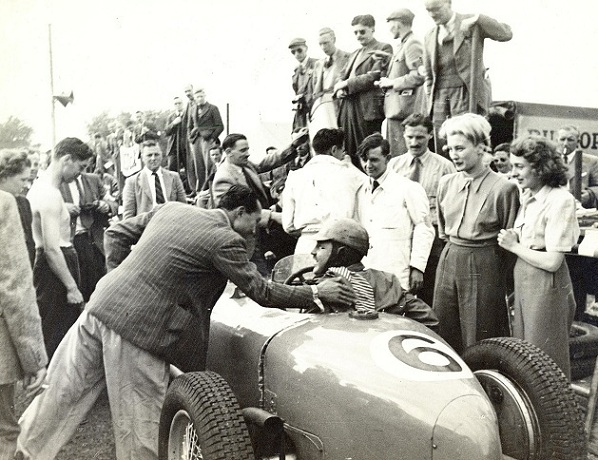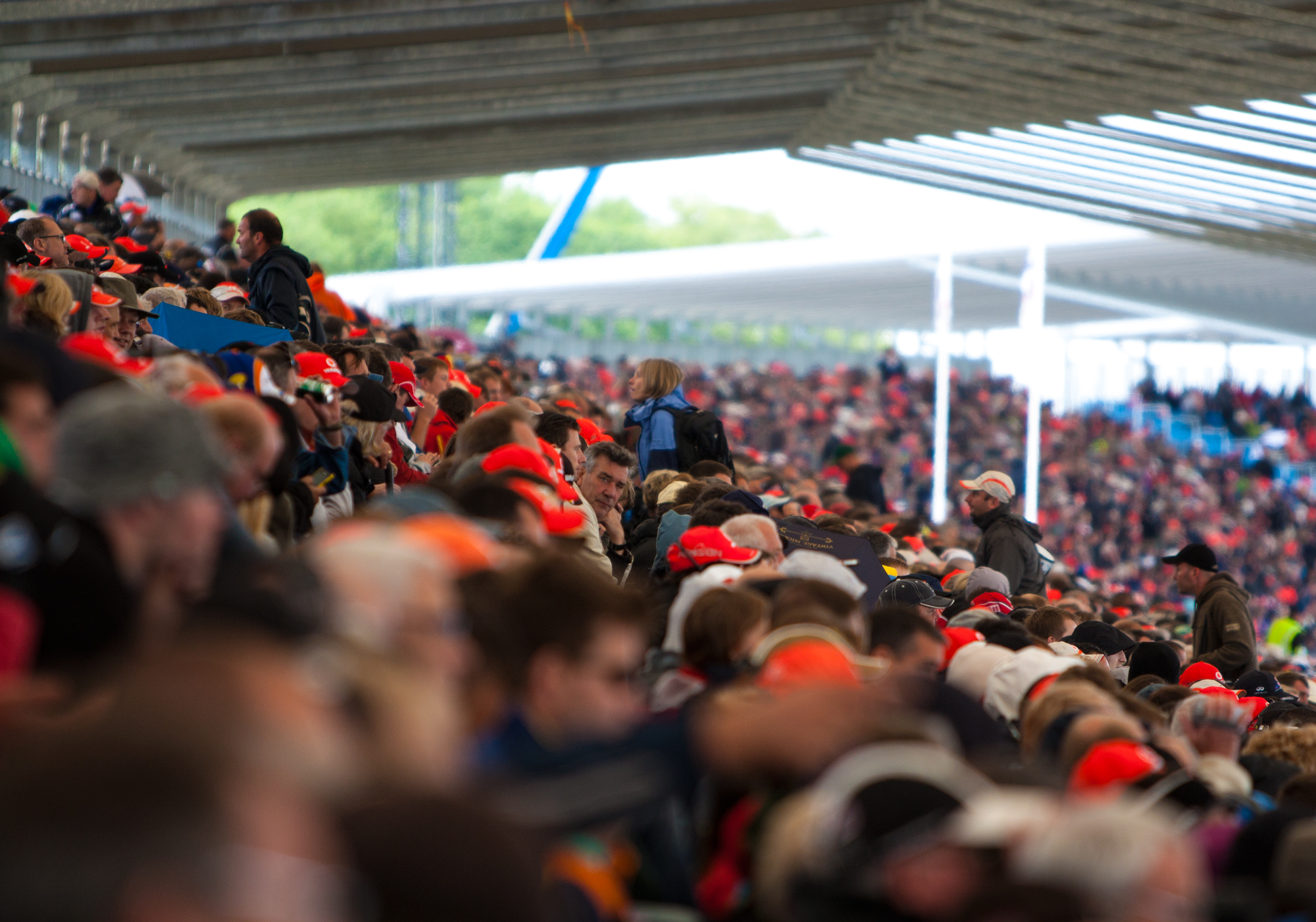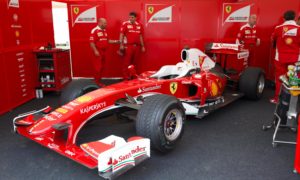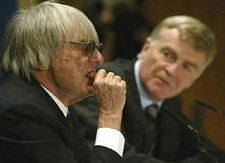 In the last week or so, the World Motor Sport Council acting on behalf of the FIA, the sport s governing body proposed a series of rule changes which had been recommended by Bernie Ecclestone s Formula One Management.
In the last week or so, the World Motor Sport Council acting on behalf of the FIA, the sport s governing body proposed a series of rule changes which had been recommended by Bernie Ecclestone s Formula One Management.
These included radical departures from the historical precedent, such as the driver with the most wins becoming world champion, and a £30m budget cap.
The problem was that these flew in the face of the changes proposed by the teams association, FOTA. Everyone agreed on the need for budget caps, but the teams were concerned about the lack of technical freedom standardised parts would mean. The FIA s £30m cap is to be optional, but the teams who adhere to it will be allowed more technical freedom. Not only is this tremendously confusing, it threatens to create a two-tier F1: one with huge budgets but technical limitations, and the other with freedom to design but no money with which to do it.
The conclusion to be drawn from this is that Max Mosley and Bernie Ecclestone are once more seeking to enforce their authority and reinforce their grip on power in the sport. But in ignoring FOTA s recommendations for change which mostly emerged from consultation with fans the two most powerful men in the sport are once more moulding it to their own liking. In this case, that means a drastically cheaper F1.
No knowledgeable F1 fan should be surprised that this has happened. Since 1982, when Mosley and Ecclestone were somewhat ironically on the teams side against an anachronistic FI(S)A structure, the two have consolidated their stranglehold on the sport on successive occasions, each time running the sport dangerously close to extinction through their often confrontational methods. One thinks of the proposed Grand Prix World Championship, a breakaway manufacturer-led series which nearly came to exist in 2004, but was crushed by Mosley and Ecclestone s effective political manoeuvring. Today, the budget cap stands to reduce the weight of the teams consistent demand for more of the commercial revenue of the sport, and this is the most obvious manifestation of Mosley and Ecclestone s attempts to preserve their own power.
The problem is that this time the teams are especially incapable of responding. The teams as they stand today although united to an unprecedented degree are at their collective weakest because of the ructions the global economic crisis is causing the automotive industry. The teams cannot rely on their manufacturer backers in the way they could, say, two or three years ago, and so are forced to accept whatever Mosley and Ecclestone propose.
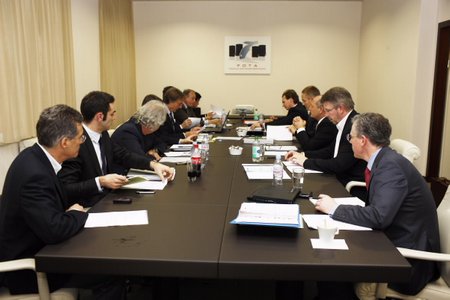
But have Max and Bernie gone too far this time? Pino Allievi in Gazzetto dello Sport thinks the effects of these latest actions could be disastrous. The reborn alliance of Ecclestone-Mosley…faces the team s association. It s the beginning of a new war, whose consequences in such a fragile economy, could be devastating. Because there are a couple of big teams who have had enough of these power games and are thinking of leaving.â€
The problem is that this analysis does not distinguish between teams and manufacturers. Manufacturers in this economic climate are divided internally some parts of companies will welcome budget caps, whereas the racing team on the ground will fight them. Technical freedom within a set budget would be amenable to most big manufacturers, one would have thought it s the teams themselves that will be the sticking point. But eventually, through a scissor movement with Bernie and Max on one side and the manufacturer backers on the other, with the teams caught in the middle, a compromise ought to be achievable.
Which is exactly what is happening. Most journalists and F1 insiders consider that the latest furore is part of an oft-used tactic by F1 s ruling duo. They have on many occasions in the past shocked the teams by proposing extreme changes, and then gradually compromised with everyone until something workable emerges. Mosley s acknowledgement that the £30m cap is provisional today in the Sunday Telegraph is an example of this tactic in action. “It is provisional. I actually think it could be done for £25?million but that s just my opinion. All my advisers think it should be more. When people calm down a little bit they will see that all of this is brilliant for Formula One, said the 61-year-old, as always weighing his words with careful calculation for maximum effect.
So is this good or bad for the viewing public? Ecclestone and Mosley have run the sport tremendously well for decades, and have made F1 what it is today. The downside is that, as any student of politics knows, concentrated power can be detrimental to the health of any entity. But Ecclestone often rather wisely hints that the sport is such that the only way it can function is by dictatorial rule. On this occasion, referring to the new rule changes, he said: Any time we make any changes, there are a whole bunch of people who say, ‘forget it, it won’t happen. But he, and the teams, know that the changes will come to pass.
However, if historical precedent is followed, these changes will probably be the subject of much conjecture and compromise before the Max and Bernie show gets its way.
Quote credit: BBC


